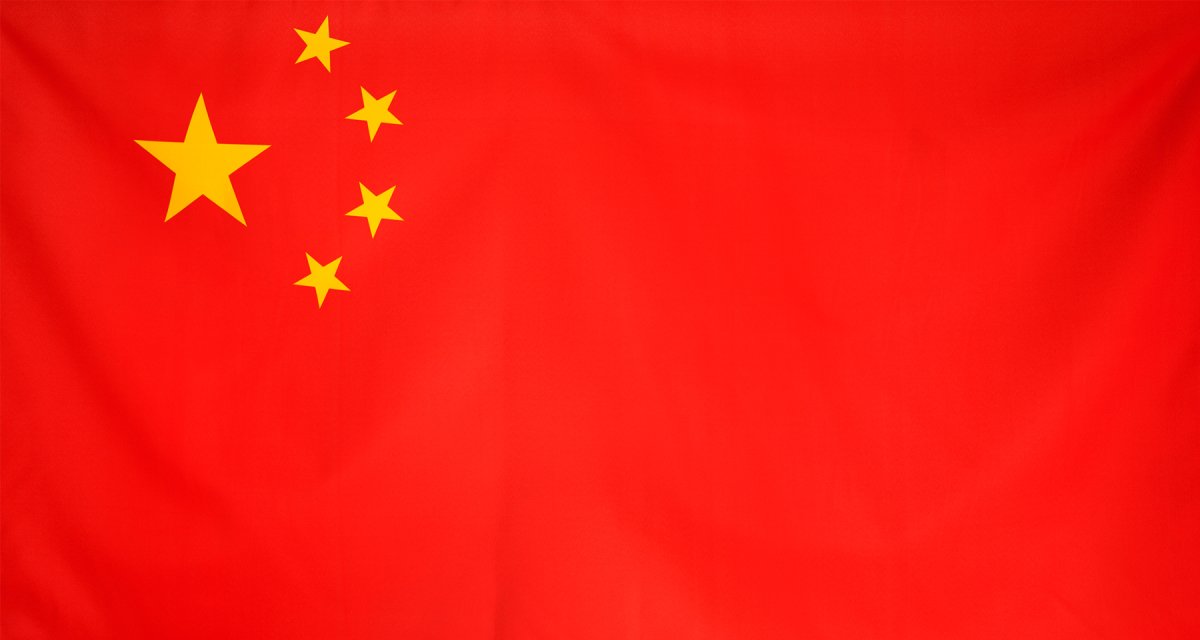Will the 2020s be Made in China?

China’s goal hinges on strategic partnerships with countries leading in specialized industries to compensate for what they lack and to eventually overtake as competitors.
The EU and more specifically, Germany, remain conspicuous targets for China. In addition to being the economic and technology leader of Europe, Germany’s excellence in industries such as automotive, machinery, chemical, pharmaceuticals, electronics, and new energy converges with Chinese interests. Exemplifying both the MIC2025 strategy and the value of Germany’s industry are recent investments such as the cooperation between Shanghai Electric and Siemens, Midea Group’s acquisition of KUKA, and Geely’s investment into Daimler AG.
To shed further light on these matters, ESMT Open Lecture invited the Foundation for Defense of Democracies (FDD) to present their report titled “Made in Germany, Co-opted by China,” detailing China’s strategy and influence on the US and Germany. Senior fellows of the foundation and authors of the report Emily de La Bruyère and Nathan Picarsic were invited to present key findings, with moderation by Prof. Dr. Frank Hammel, a certified lawyer for intellectual property law at Weitnauer Attorneys. The three discussed the general implications, potential problems and opportunities, and long-term repercussions of rapid Chinese economic influence.
A threat to democratic norms
Unlike industrializing plans taking place in the US or in Germany, China’s strategy focuses more on forming international standards, architectures, and systems, rather than developing its own technology to compete. In doing so, it allows for current leaders in manufacturing to compete with one another while constructing a system that gives itself an asymmetrical advantage.
Ethical differences between current international standards and Chinese standards were discussed for their potential to violate Western values on a global scale. Human rights issues such as labor laws and data privacy become the most recognizable risks should China control international systems around manufacturing and technology. According to de La Bruyère, with the current authoritarian standards set in China regarding IT, public security and privacy may be threatened through the deployment of “IT systems that have the potential to influence the way people act, think, and communicate.”
For consequences in industry, de La Bruyère warned of how unpaid labor might become the basis upon which new energy is built, due to China’s current widespread use of dubious labor laws, using the solar industry as an example.
China controls about 70 percent of polysilicon, which is the upstream input necessary to produce solar panels. The next beat – which is turning that polysilicon into wafers and ingots – China controls north of 90 percent. Most of that polysilicon production takes places in Xinjiang and appears to have connections to a number of indicators of forced labor.
What that means is that as the world is pivoting towards this new form of energy, the entire supply chain for that energy risks being built on forced labor and on approaches to human rights that are antithetical to Western democratic norms.
Defense strategies for Western economies
China as a lucrative trading partner, however, still continues to pressure businesses to collaborate despite these aforementioned threats. In order to alleviate this pressure, defining present systems via emphasis on multilateralism and encouraging long-term economic strategies for private businesses were advised. A multilateral strategy in which competitive industrialized nations directly engage with each other would counter MIC2025 by aligning those with common interests, such as the US, Germany, Japan, South Korea, and Australia “to understand where these agreements present risks, in terms of the consolidation of supply chains, in terms of intellectual property theft and forced technology transfer, vis-à-vis China.”
Picarsic advised private businesses to think long term, rather than on a quarterly or annual basis, to gain foresight on potentially detrimental partnerships, using the shift to electronic vehicles as an opportune moment in which he predicts China will enter the vehicle market.
But as China seizes this leapfrog toward EVs, there’s a very severe risk that you’ll see five- and 10-year prospects of German champions beginning to diminish at the same time that you’ll see the market capitalization and long-term futures for the Chinese partners who, five years ago, didn’t exist and were certainly considered the junior peers in this global sector.
They’re slowly gradually coming to be on par and they are going to seize this opportunity to leapfrog and it will impact the long-term viability and, certainly, the medium-term profits of companies that are partnered with them.
The present challenge of creating legal and moral infrastructures to regulate rapidly evolving techno industries are still in its early phase, thus vulnerable. Refining the existing framework, de La Bruyère says, is the immediate action that can be taken. Building on top of that come mid-and long-term offensive and defensive measures, which were suggested to be a defined global system that can hold accountability on offenses such as technology theft, that are currently unregulated on an international scale.
Conclusion
China sees the present as a window of opportunity to gain an advantage on their long-term strategy to take the lead in controlling global industry. This Open Lecture illuminated possible repercussions that business should consider as China pressures the West with Machiavellian partnerships and investments. By strategizing long-term, businesses may have more incentive to avoid short-term lucrative deals in order to preserve themselves against China’s leapfrog strategy.
This article reflects the views of the speakers as they expressed themselves in the public event and not the views or opinions of ESMT Berlin.
For more information on MIC2025 and the current discussion on related policies, the report by speakers Emily de La Bruyère and Nathan Picarsic can be found here. Watch the whole recording of the ESMT Open Lecture here.
